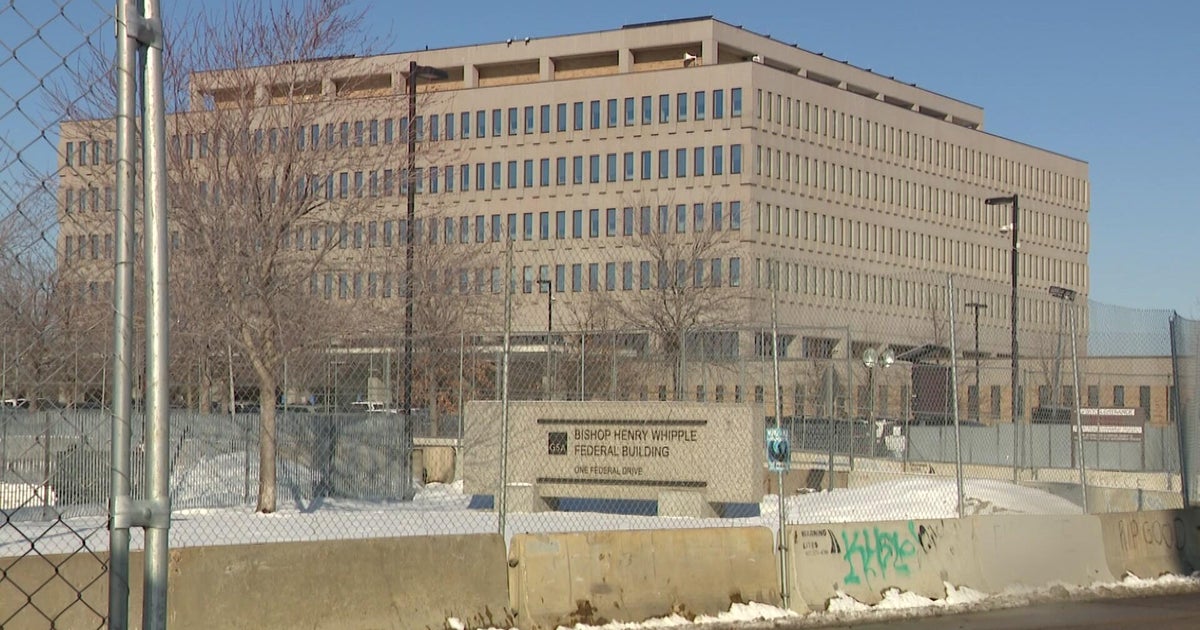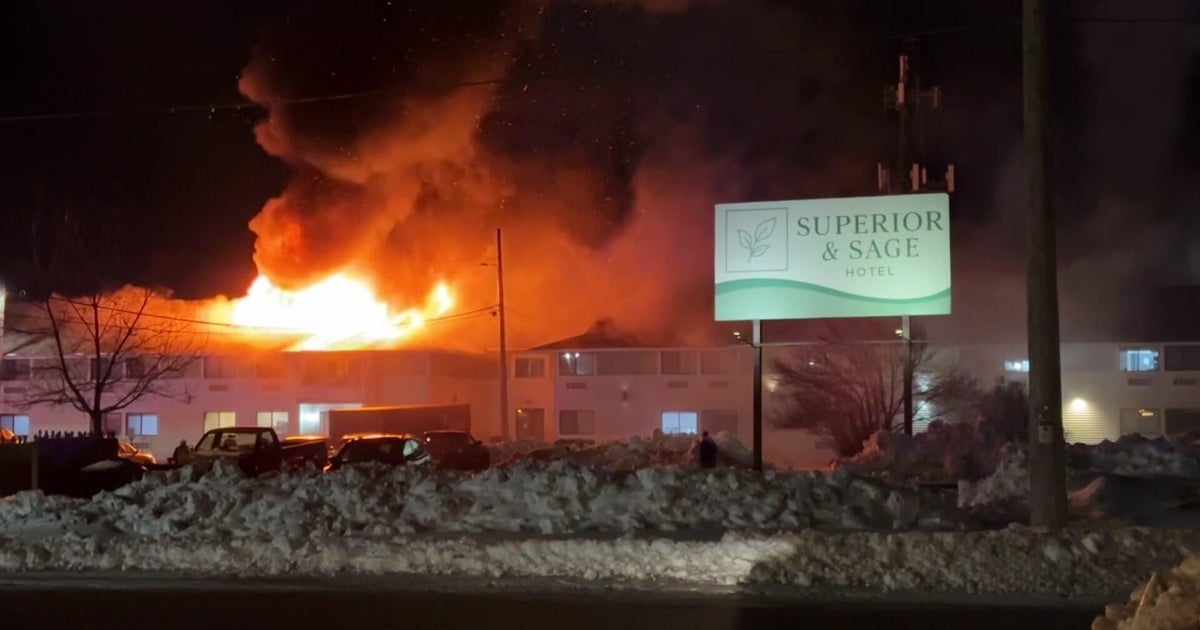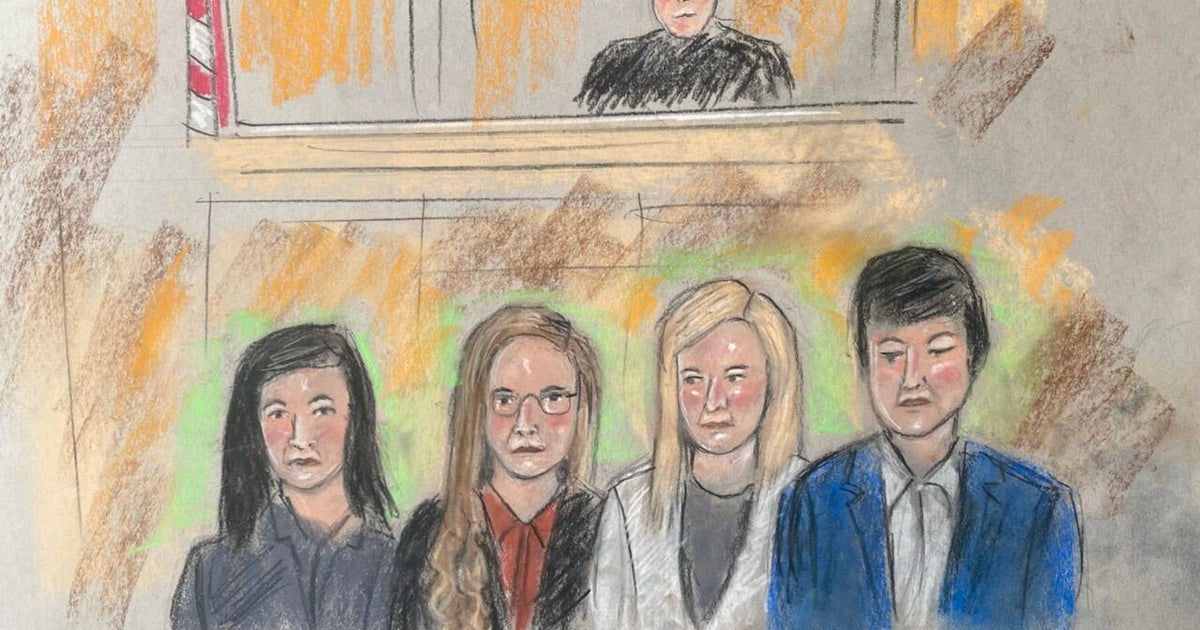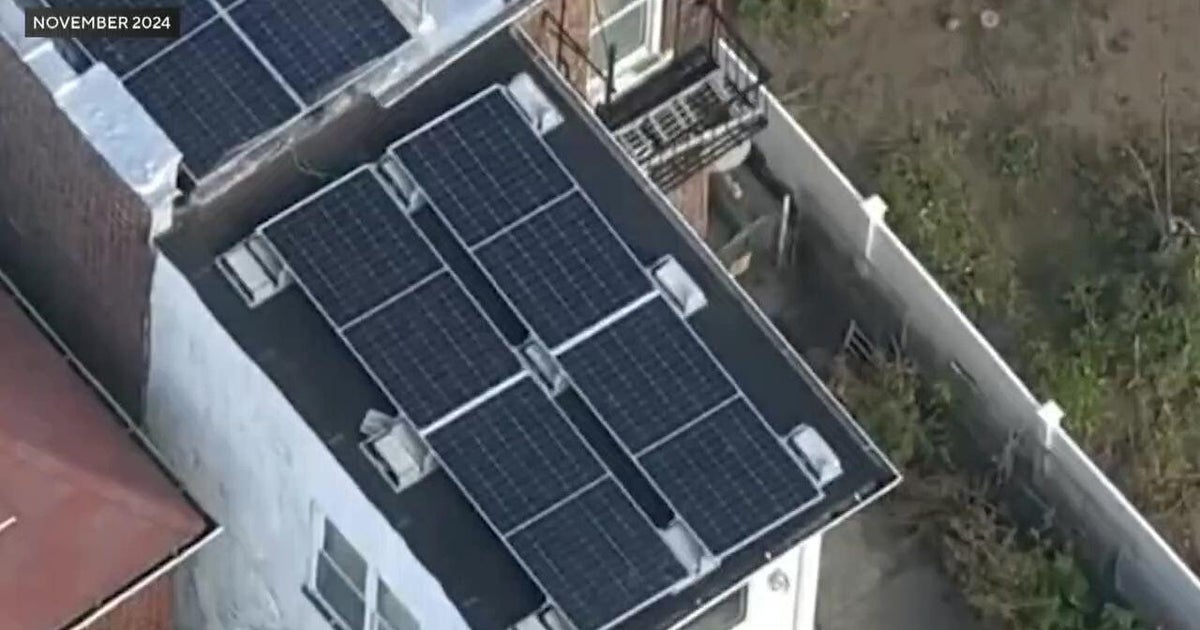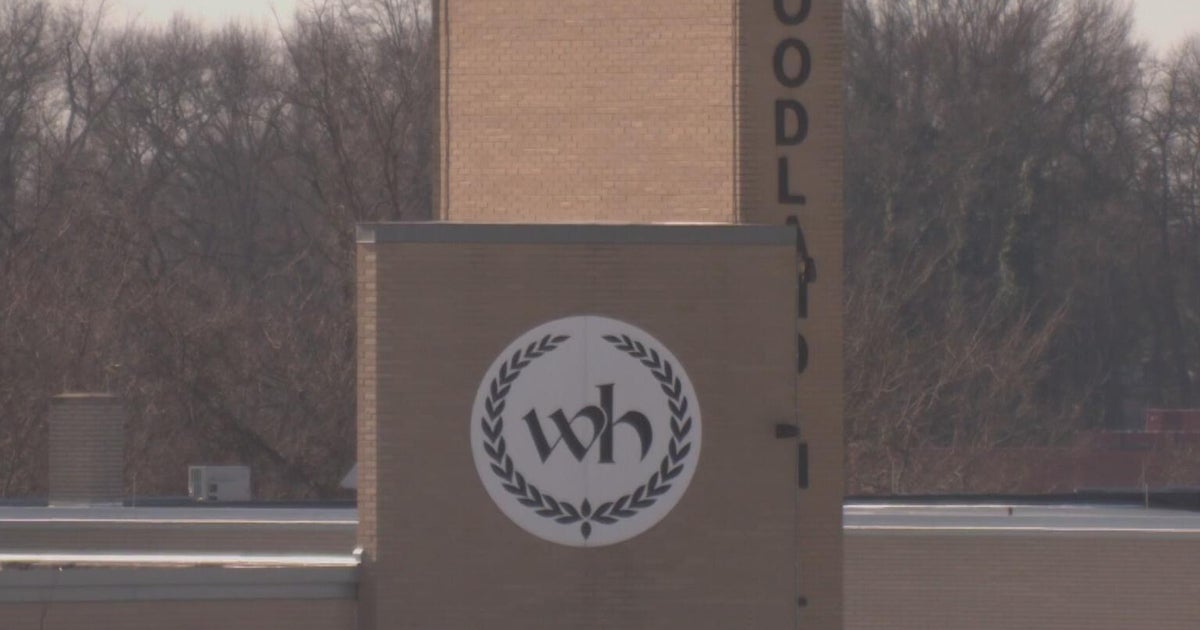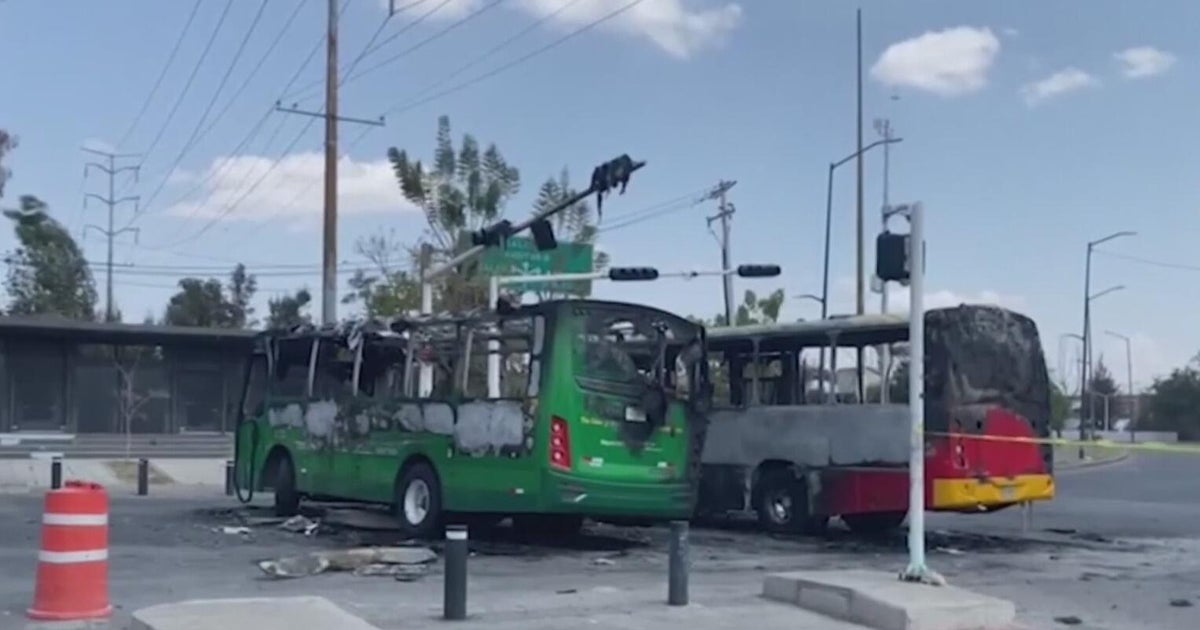Group Calls For Investigation Into Allegations Against Bishop
PITTSBURGH (KDKA) - A victim's advocacy group is raising questions about the actions of the current bishop of the Diocese of Pittsburgh when he served in Green Bay, Wisconsin.
The Survivors Network of those Abused by Priests is calling for a federal investigation into claims that Bishop David Zubik ordered the destruction of records that detailed sexual abuse by priests in Wisconsin.
The group held a news conference outside the federal courthouse in Green Bay claiming a deposition given in November by a diocesan official raised questions about the records.
However, Bishop Zubik issued a statement denying the group's allegations.
His statement says there was never an order issued by him or anyone else to destroy documents or evidence contained in the files while he served as bishop.
Zubik was bishop of Green Bay before he was assigned to Pittsburgh in 2007.
In a deposition, the chancellor of the Green Bay Diocese said Zubik ordered the destruction of certain records including psychological records because of federal HIPAA Act requirements for medical privacy.
"You know, sometimes people would just hear a sentence or two and then begin to think that I don't have any credibility as a leader and that's what's hurtful," Zubik said.
He takes the allegations personally.
"And I'll look anybody in the eye and say that everything in my ministry – both in the past as well as today into the future – is going to one of making sure that the people who are apart of the Catholic Church are protected and I would never do anything that would in any way hinder a just process to take a look at what happened in every instance."
As part of a lawsuit in Green Bay involving charges against former Rev. John Feeney, Father John Doerfler testified he destroyed documents at the direction of Bishop Zubik.
"Bishop Zubik had ordered a new records policy which required the systematic destruction of records, of files, which would include victim reports, investigations," Peter Isely, Midwest director for SNAP, said.
Bishop Zubik says quite the contrary.
"And I want to make sure that was very clear that those records had to be respected and retained," he said.
Zubik says the policy only allows destruction of records a year after a priest's death and only if there are no pending accusations or investigations.
Zubik modeled the policy off of one then-bishop Donald Wuerl instituted in Pittsburgh.
The U.S. Attorney's office in Wisconsin says it's way too early to determine if they're going to conduct an investigation.

